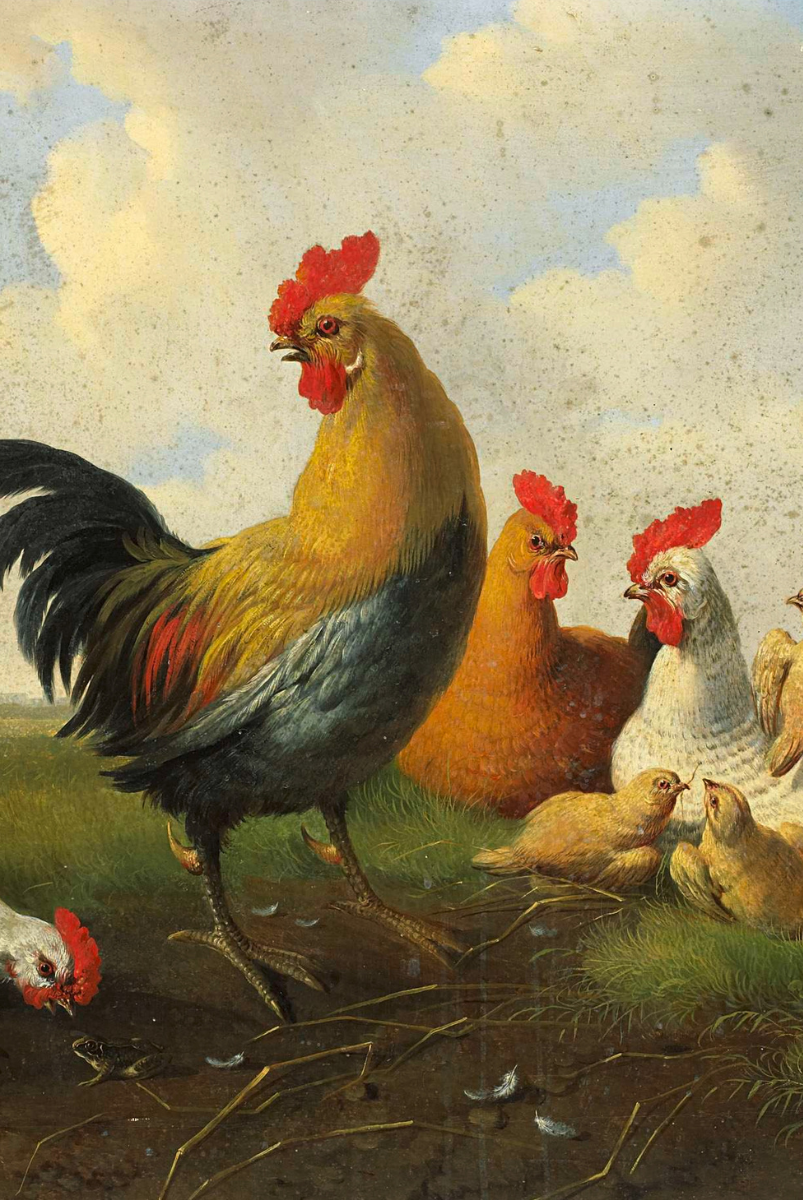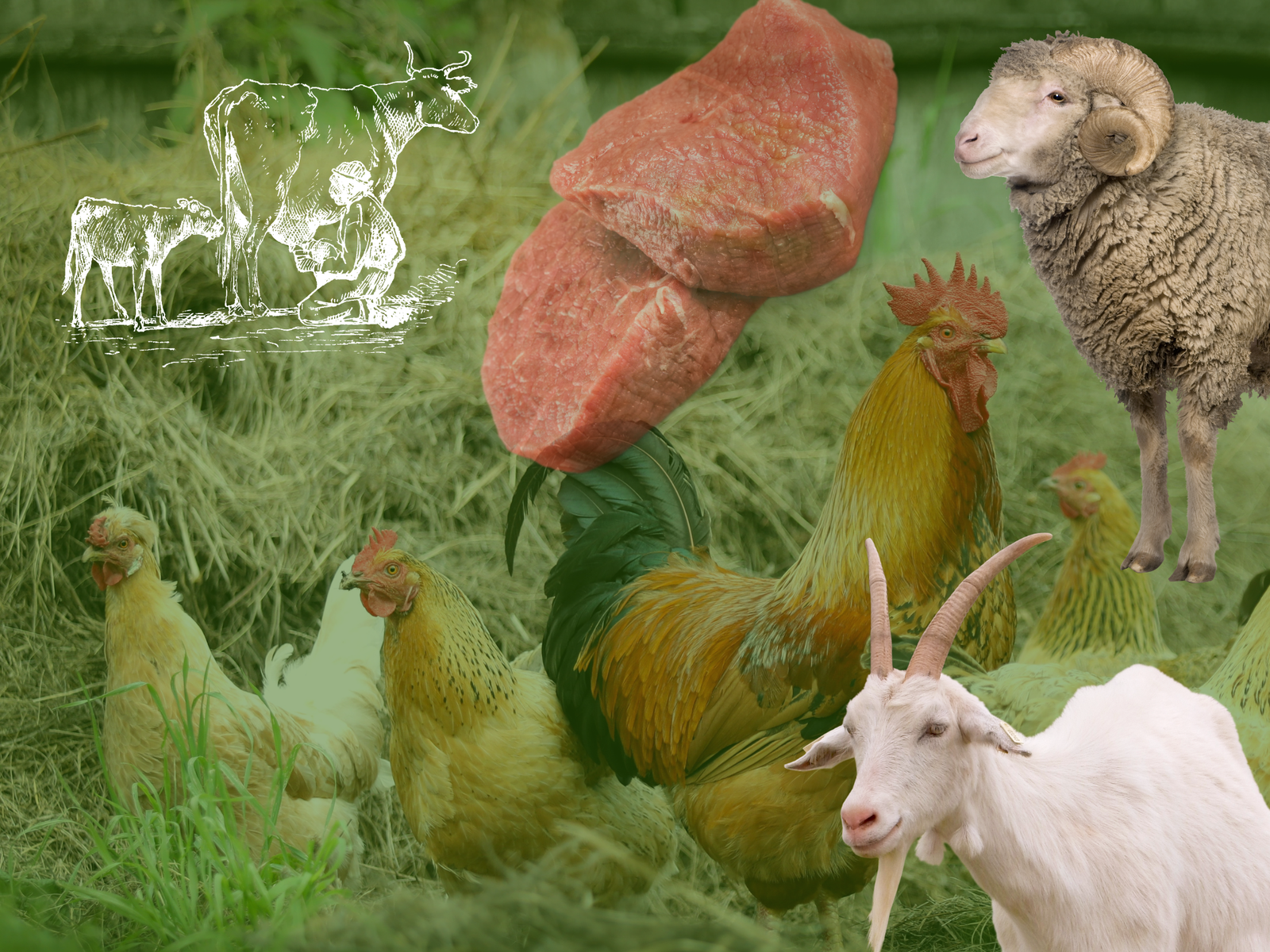
L-PRES TARABA STATE
LPRES in Taraba State The Livestock Productivity and Resilience Project (LPRES) is a transformative initiative driving the modernization of livestock farming in Taraba State. Focused on key areas such as dairy, beef, poultry, sheep, and goat production, LPRES integrates sustainable agricultural practices and innovative technologies to enhance productivity, resilience, and environmental sustainability. By empowering farmers through capacity building, access to resources, and climate-adaptive strategies, LPRES is fostering economic growth, improving food security, and positioning Taraba State as a hub for livestock excellence.
Sheep and Goat Production: Boost breeding and livestock health.
Dairy Farming: Climate-smart methods improve milk supply.
Beef Production: Sustainable methods ensure steady supply.
Poultry and Egg Production: Innovation enhances poultry health and output.
Selected Value Chains

FAQ
Projects Components
Bennings appetite disposed me an at subjects an. To no indulgence diminution so discovered mr apartments. Are off under folly death wrote cause her way spite. Plan upon yet way get cold spot its week.
This component aims to enhance participation of smallholder producers and other private sector operators all along the selected VCs under a PPP arrangement. It will support activities to improve access to critical knowledge, services, inputs, equipment, infrastructure investments, as well as provision of corresponding financing for investment initiatives in the form of matching grants. These investment initiatives (subprojects) will be demand-driven, selected through competitive process. Their business cases will need to be clearly demonstrated and intrinsically viable economically. Activities selected will need to consider reducing the vulnerability of livestock to changing climate. The Project-selected VCs will be considered sequentially. Component 2 will focus on three priority livestock VCs (cattle – dairy and beef – sheep, goat, and poultry) in the first three years. The three other priority VCs (hides and skins, pigs, and honey) will be added from the third year onward to the extent of their ability to improve food security, nutrition, and generate viable investment opportunities.
The aim of this component is threefold: (i) ensuring that GoN is better equipped to respond to livestock crises and emergencies; (ii) helping mitigate conflicts and build peace in the context of current insecurity where pastoralist and sedentary producers have often diverging interests; and (iii) establishing appropriate coordination, Monitoring and Evaluation (M&E), and communication regarding Project implementation.












